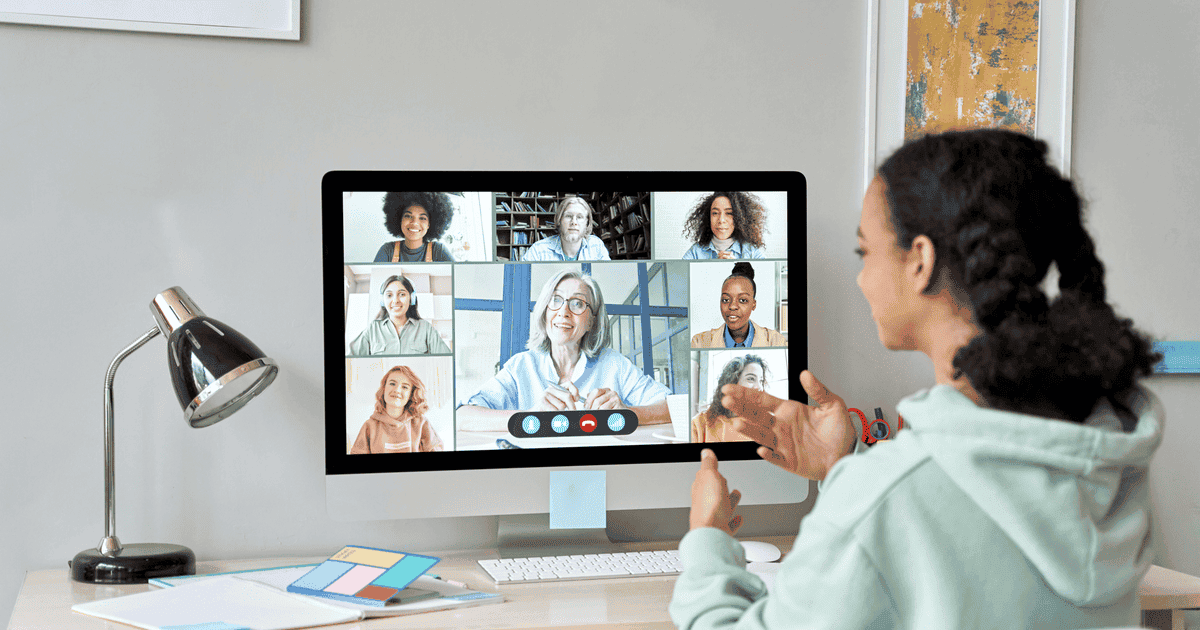Another thing is about looking at this idea of my online self. Seeing pictures on camera that are the real you and this is really important as it’s about self-acceptance.
In today’s world, we can be so used to seeing a filtered version of ourselves. Think of it this way, would you think bad of your friends, because they don’t have a filter on their face during class?
Question your inner thoughts and feelings, and do some critical thinking around it, for example, explore and analyse the facts, rather than immediately being tough on yourself.
Push back on yourself. Challenge your own ideas on it and talk to others about it. Lastly, just remember to check in with your parents or teachers if you do have any problems.


